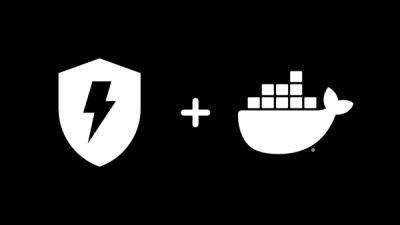
Next.js for Drupal
Next-generation front-end for your Drupal site.
Demo
https://demo.next-drupal.org
Documentation
https://next-drupal.org
Deploy to Vercel

Example
A page with all "Article" nodes.
import { NextDrupal } from "next-drupal"
const drupal = new NextDrupal("https://cms.next-drupal.org")
export default function BlogPage({ articles }) {
return (
<div>
{articles?.length
? nodes.map((node) => (
<div key={node.id}>
<h1>{node.title}</h1>
</div>
))
: null}
</div>
)
}
export async function getStaticProps(context) {
const articles = await drupal.getResourceCollectionFromContext(
"node--article",
context
)
return {
props: {
articles,
},
}
}
Supporting organizations
Development sponsored by Chapter Three
Contributing
If you're interested in contributing to Next.js for Drupal, please read the contributing guidelines before submitting a pull request.




